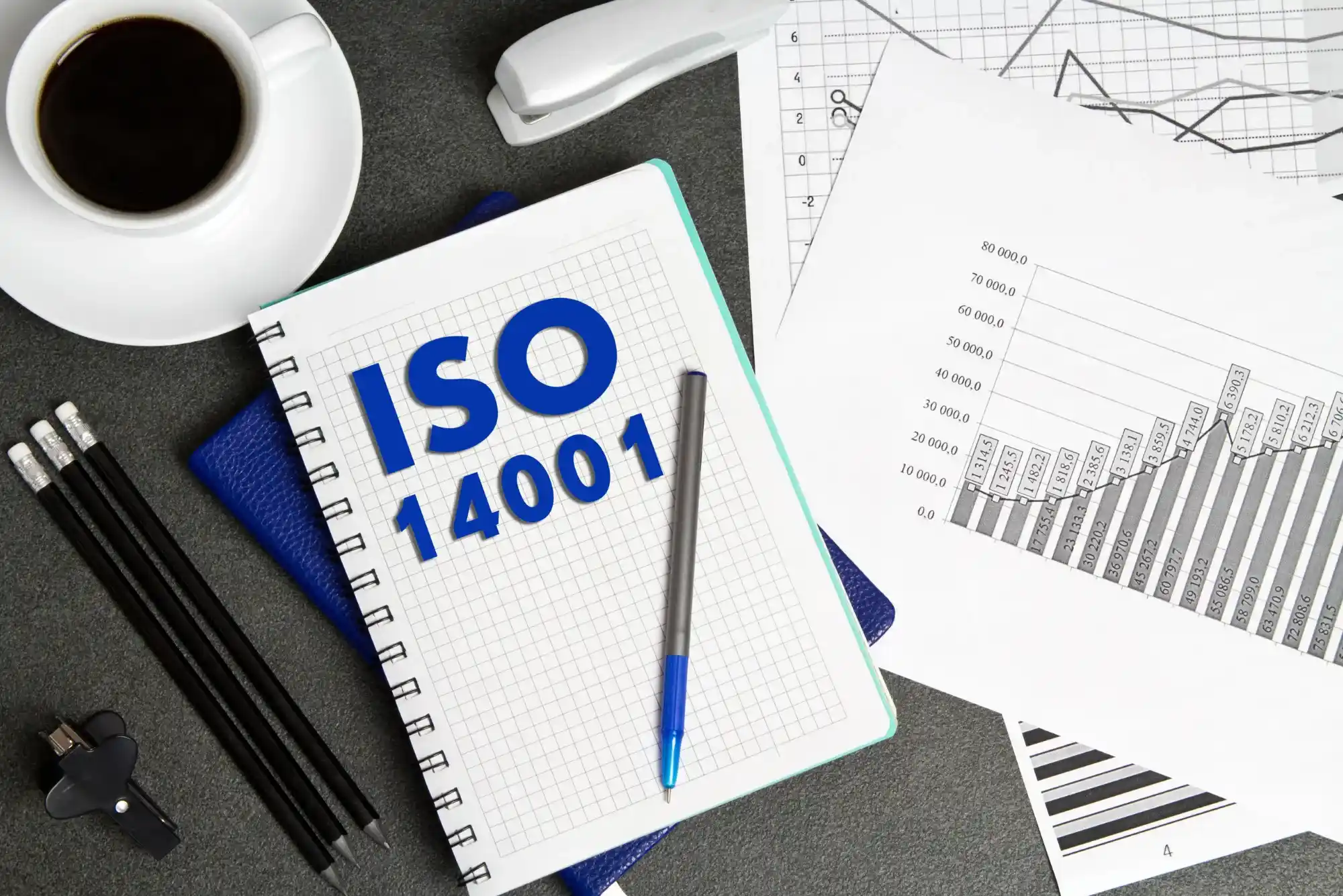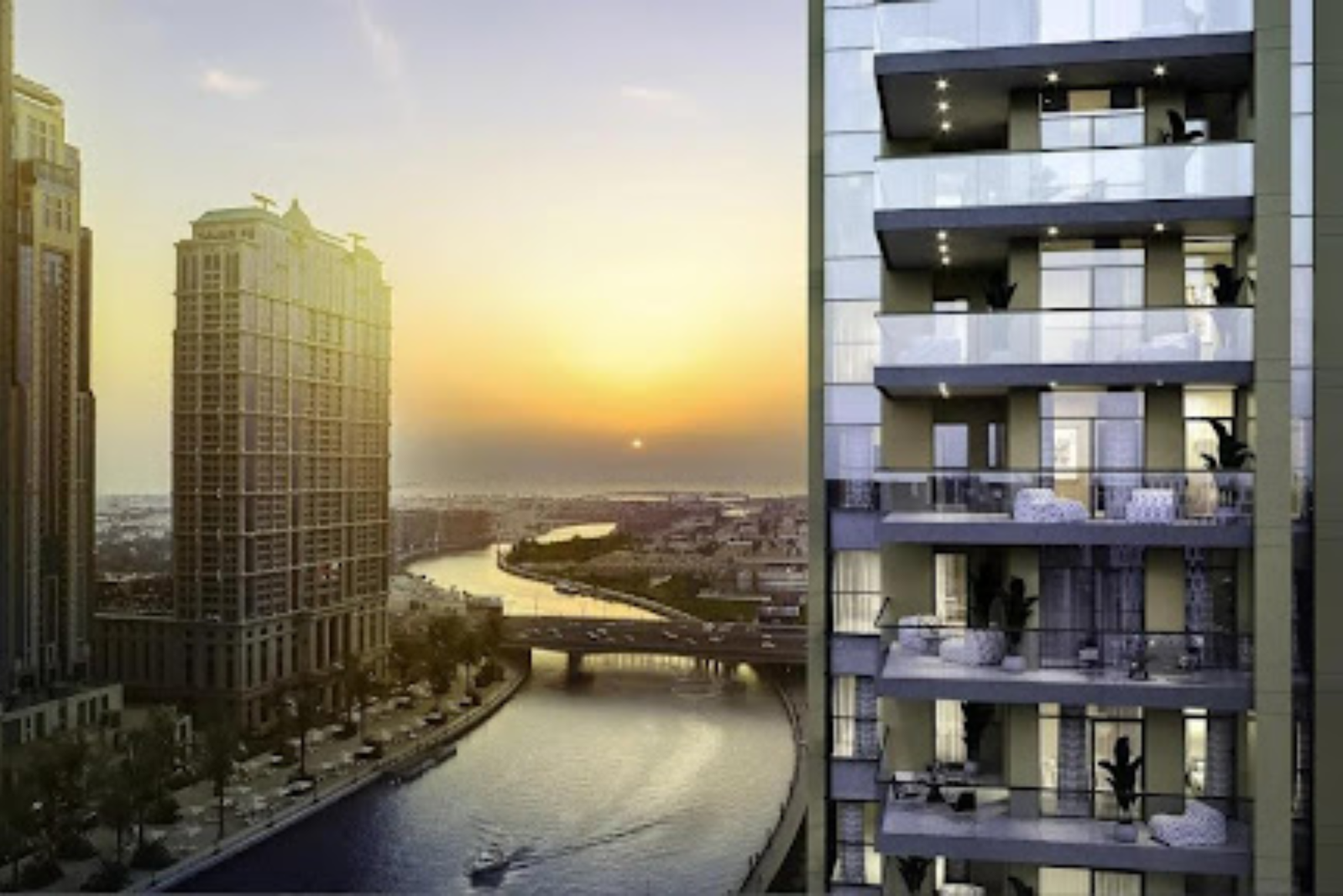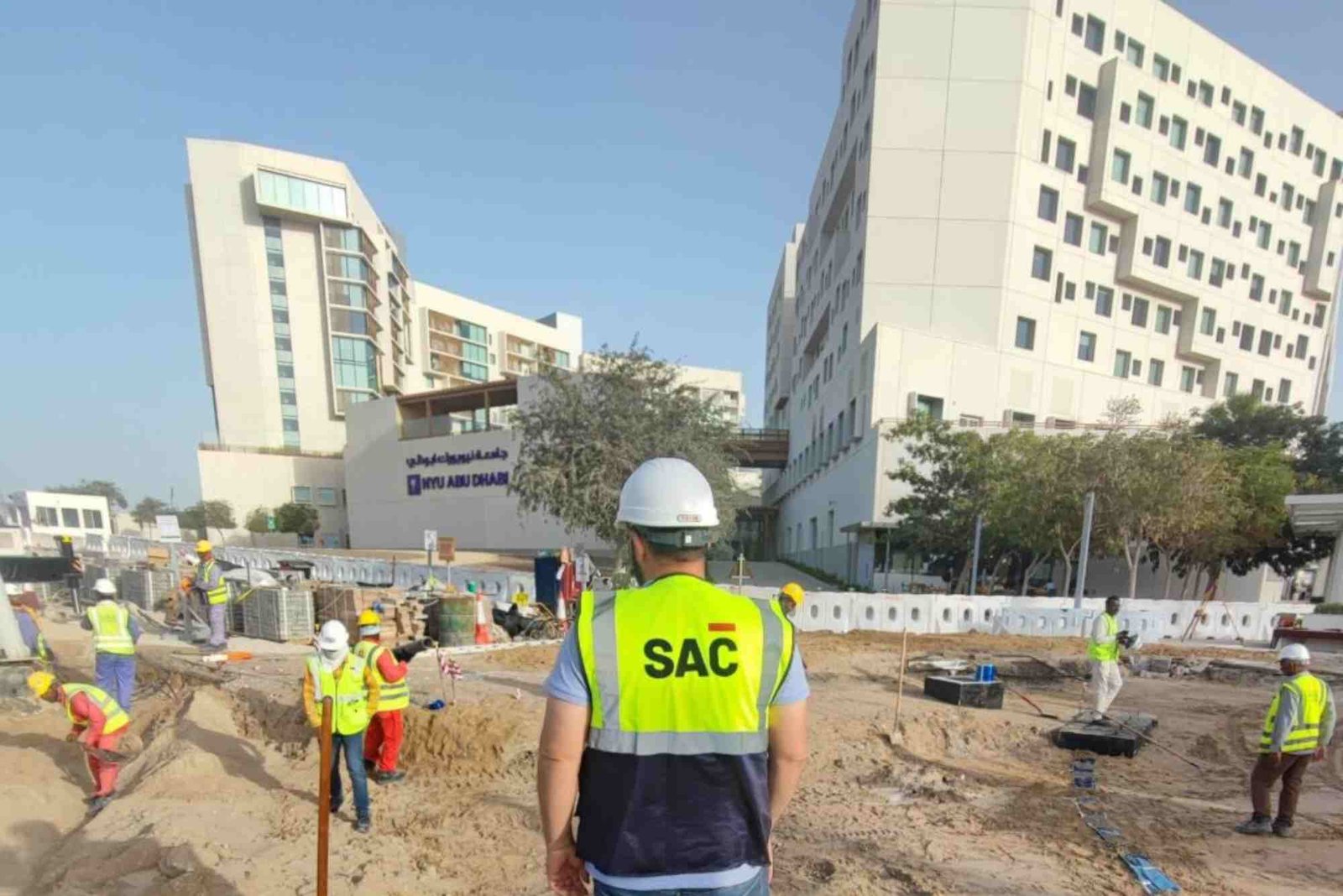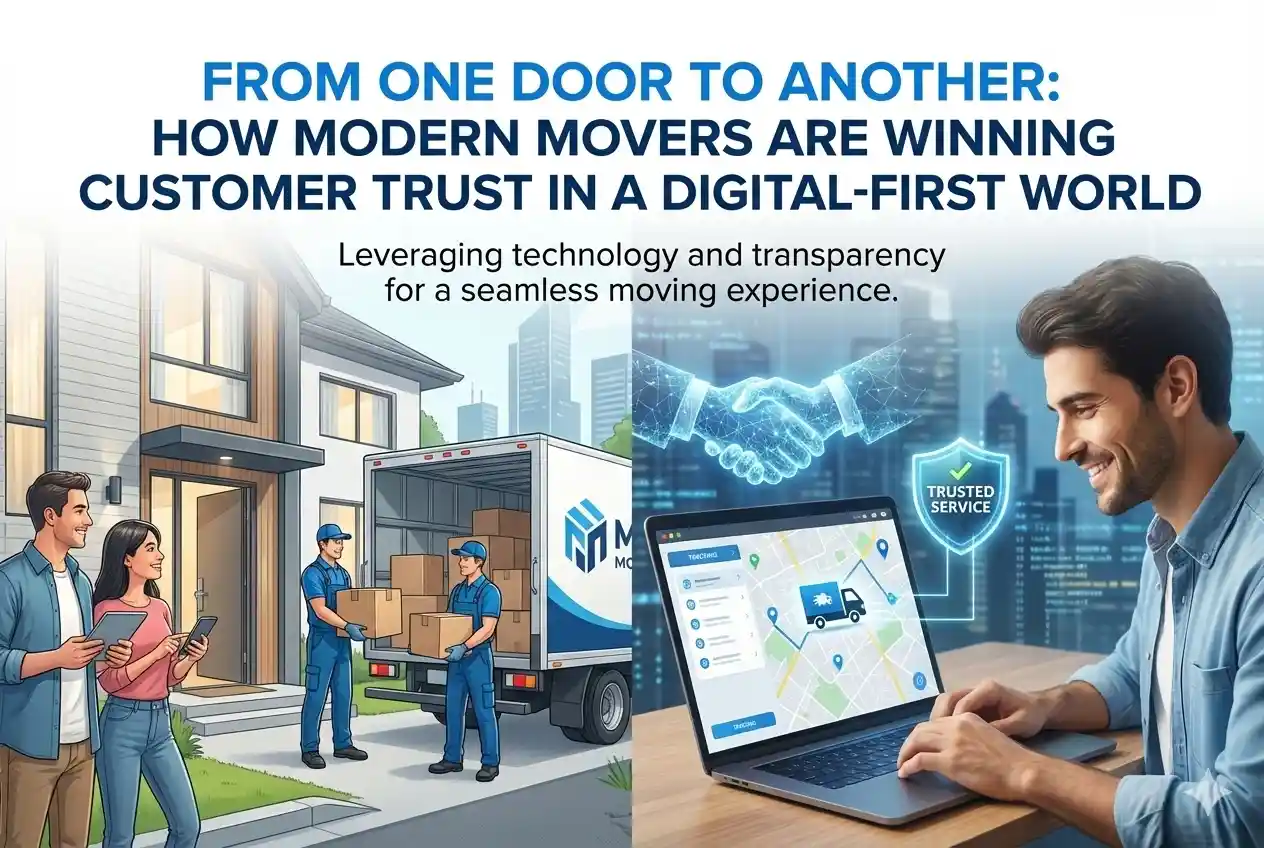ISO 14001 is the go-to standard for organizations looking to make a real difference in the environment. It sets up a solid system so businesses can track, manage, and reduce their impact on air, water, and land. For growing cities like Muscat, Riyadh, and Doha, ISO 14001 is not just a “nice-to-have”—it’s a practical way to keep up with rising environmental regulations. . For More details and consulting https://www.nqcoman.com/
With ISO 14001, companies:
- Identify where they use the most resources and create less waste.
- Meet local, national, and international rules for pollution and emissions.
- Show customers and partners that they take environmental issues seriously.
Many businesses in these countries use the certification to build trust and open doors with bigger clients—especially international partners. Governments in the region are offering extra points in tenders for companies who hold the ISO 14001 badge, making it a clear business advantage.
ISO 45001: Occupational Health and Safety Certification in Oman, Saudi Arabia, and Qatar
Nothing is more important than sending workers home safe at the end of the day. ISO 45001 has become the gold standard for creating safer workplaces in the Gulf. This standard helps organizations set clear steps for spotting risks, preventing injuries, and keeping people healthy on the job.
With ISO 45001, businesses:
- Find and control workplace hazards before they lead to incidents.
- Create strong policies for emergency response, health checks, and incident reporting.
Train employees and managers so everyone knows how to protect themselves and others. . For More details and consulting https://www.nqcoman.com/
Across Oman, Saudi Arabia, and Qatar, holding this certification often means meeting client and government requirements—especially in industries with tough working conditions. It also boosts team morale, reduces time lost to injuries, and can lower insurance costs.
Industry Sectors Leading the Adoption of Environmental & Safety Standards
Some sectors in the Gulf are setting the pace for ISO 14001 and ISO 45001 certification. Here’s where you see these standards making the biggest difference: . For More details and consulting https://www.nqcoman.com/
- Oil & Gas: With strict safety requirements and high environmental risks, this industry relies on both standards to operate safely and win new projects.
- Construction: Rapid development means contractors must work safely and keep environmental impacts in check at every step.
- Manufacturing: Factories use ISO 14001 to manage waste and energy use, while ISO 45001 keeps workers safe on busy floors.
- Healthcare: Hospitals and clinics focus on safety and environmental rules to protect patients, staff, and communities.
- Logistics & Transport: These businesses need to keep goods moving without spills, emissions, or accidents—making both certifications a must.
Leadership in these sectors proves that ISO 14001 and ISO 45001 aren’t just checkboxes. They’re practical tools that help teams deliver results—cleaner, safer, and more accountable operations that customers, staff, and communities can trust.
ISO 22000: Food Safety Management Certification and Its Impact
Food safety isn’t just about what happens in the kitchen. It touches every link in the food chain—from raw materials and transport to preparation and delivery. ISO 22000 certification gives food businesses in Oman, Qatar, and Saudi Arabia real control over risk, safety, and customer trust. This section breaks down what it takes to get certified, why businesses make the move, and how it shapes safe food supply from start to finish.
. For More details and consulting https://www.nqcoman.com/












